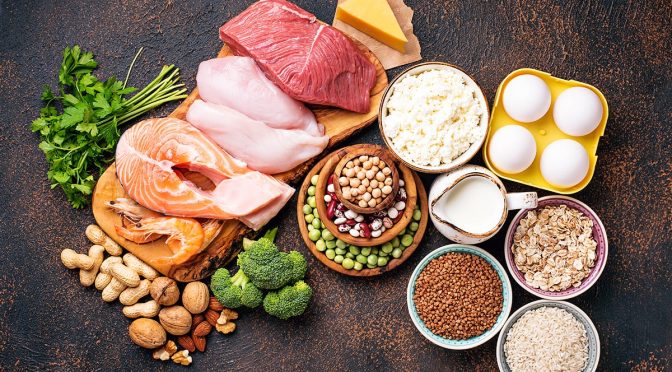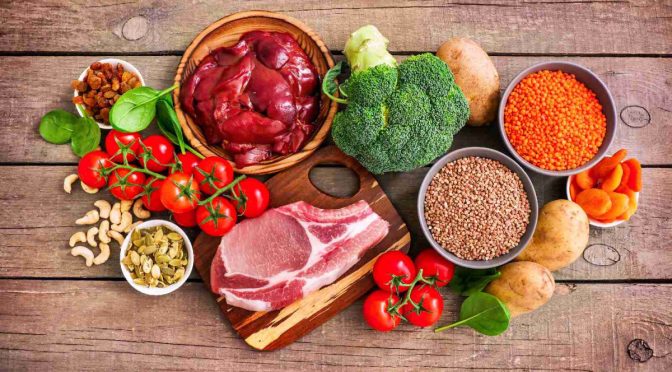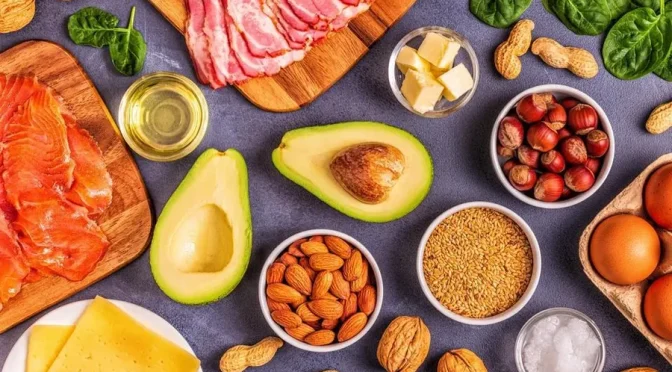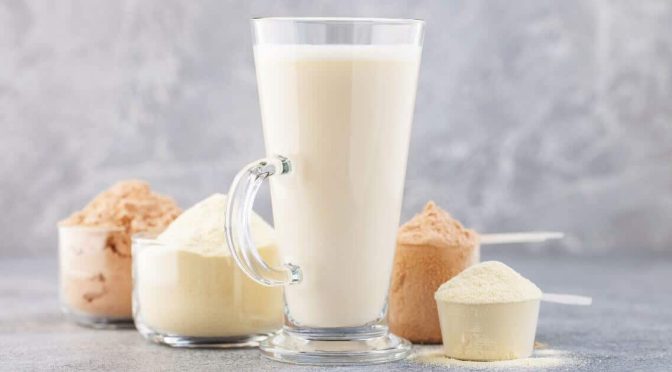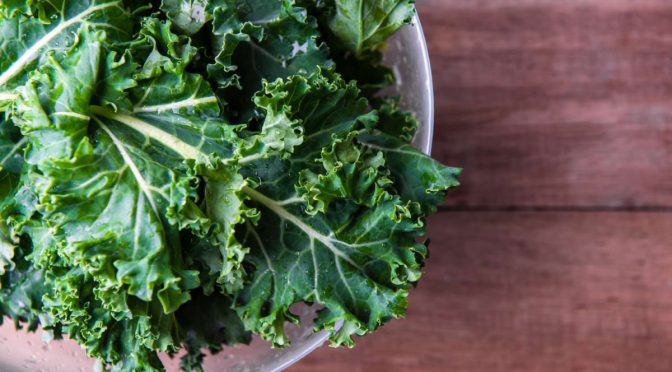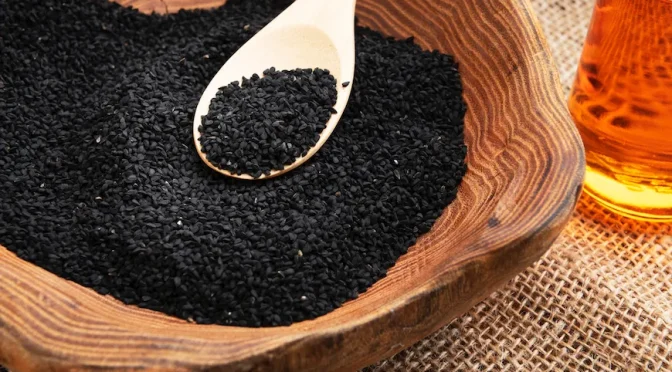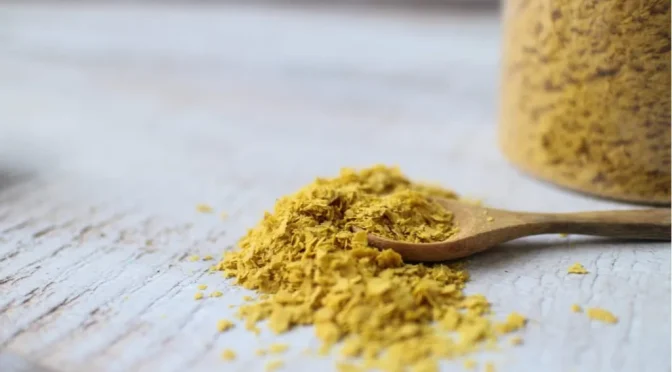High-protein diets have gained immense popularity for their role in weight loss and muscle building.However,despite their widespread use,numerous misconceptions continue to circulate about these diets.Protein,a fundamental building block of life,is often misunderstood or unfairly criticized based on unfounded fears.It’s time to clear the air and address the myths that have clouded the truth about high-protein diets.From concerns about kidney health to debates over the effectiveness of plant-based proteins,understanding the facts about protein—its functions,requirements,and sources—can help you make informed decisions about your diet and health.
Protein’s Role Beyond Muscles
Protein isn’t just for bodybuilders;it’s an essential component of every cell in the body.It plays a critical role in creating enzymes,building DNA,repairing cells,transporting oxygen in the blood,and forming antibodies that fight infections.Without adequate protein,the body can’t maintain normal functions,let alone build and repair muscle tissue.
Weight Loss and Protein Intake
Many people know that protein supports weight loss,but they might not fully understand why.Protein is not only filling,but it also has a higher thermic effect than fats or carbohydrates,meaning the body burns more calories digesting it.This dual effect of keeping you full and increasing calorie burn makes protein a powerful ally in weight management and helps prevent the loss of lean muscle mass during weight loss.
Kidney Health and Protein Facts
The belief that high-protein diets cause kidney damage is not supported by evidence in individuals with healthy kidneys.While those with existing kidney issues should manage their protein intake with medical guidance,healthy kidneys can efficiently process the byproducts of protein metabolism.Always consult a healthcare provider for personalized advice,but don’t let myths keep you from considering a high-protein diet.
Plant-Based Diets and Protein
A persistent myth is that plant-based diets can’t provide enough protein.This is false.Many plant-based foods are rich in protein,and when combined,they can provide all the essential amino acids your body needs.Foods like lentils,beans,quinoa,tofu,and nuts are excellent sources of protein that can sustain a healthy diet without animal products.
The Timing of Protein Consumption
It’s not just about how much protein you eat but when you consume it.Distributing protein intake throughout the day can enhance muscle protein synthesis and help regulate hunger and satiety.Instead of loading up on protein at dinner,aim to include it in meals and snacks throughout the day for better balance.
The Possibility of Too Much Protein
While protein is essential,there’s a limit to how much your body can use effectively.Consuming excess protein isn’t typically harmful,but it can displace other important nutrients if it leads to reduced intake of other food groups.Balance is key,and it’s important to ensure that a high-protein diet doesn’t lead to an excessive intake of saturated fats or calories.
Protein Supplements:Necessity or Hype?
For most people,protein supplements are not necessary.They are meant to fill gaps in nutrition,not serve as the primary source of protein.Whole foods provide additional nutrients that supplements lack.However,for those who struggle to meet their protein needs due to dietary restrictions or high activity levels,supplements can be a useful addition.
Diverse Protein Sources Matter
Not all protein is created equal,and the source matters.Animal proteins are complete,containing all essential amino acids,but they can also be high in saturated fat and cholesterol.Excessive red meat consumption can increase the risk of heart disease or colon cancer.Plant proteins can be equally effective,especially when combined to ensure all amino acids are present.They’re also typically lower in calories and fat and higher in fiber and other nutrients.
Misunderstanding Protein and Kidney Disease
The notion that protein is off-limits for anyone with kidney concerns is not entirely accurate.While those with chronic kidney disease need to manage their protein intake,people with healthy kidneys don’t have to worry about a high-protein diet causing kidney damage.The key is moderation and ensuring a balanced diet with adequate hydration.
Protein Myths in Athletic Performance
Athletes are often told they need massive amounts of protein to perform their best.While they do require more protein than the average person,there’s a limit to how much the body can use for muscle repair and growth.A balanced diet that includes enough carbohydrates for energy,along with the necessary protein for recovery,is more beneficial.
In conclusion,high-protein diets are neither the one-size-fits-all solution they’re often made out to be nor the villain they’re sometimes portrayed as.When approached with understanding and care,protein can be a vital part of a balanced,healthy diet.Dispelling the myths surrounding protein allows for a more nuanced view of its role in our diets.Whether you’re an athlete,managing your weight,or simply aiming to eat healthier,getting the facts straight about protein is a step in the right direction.
